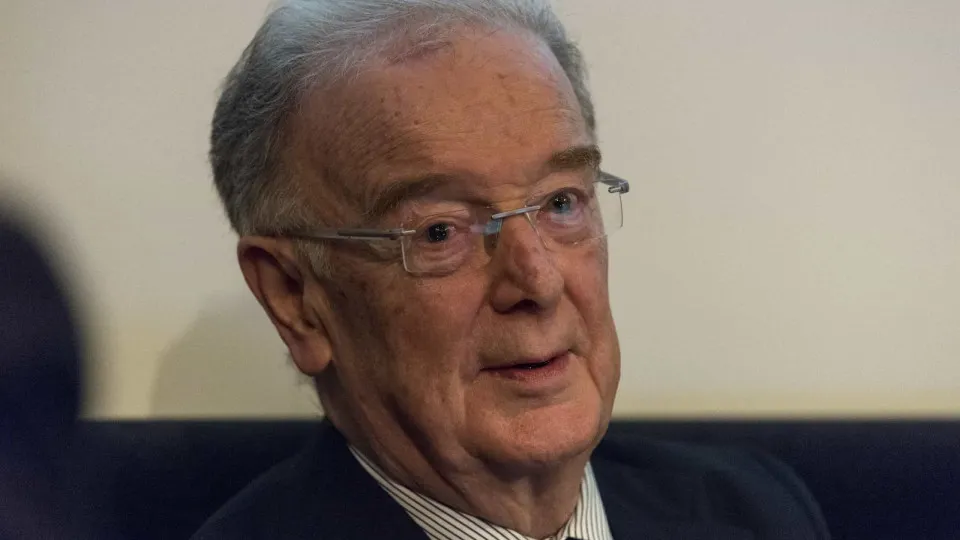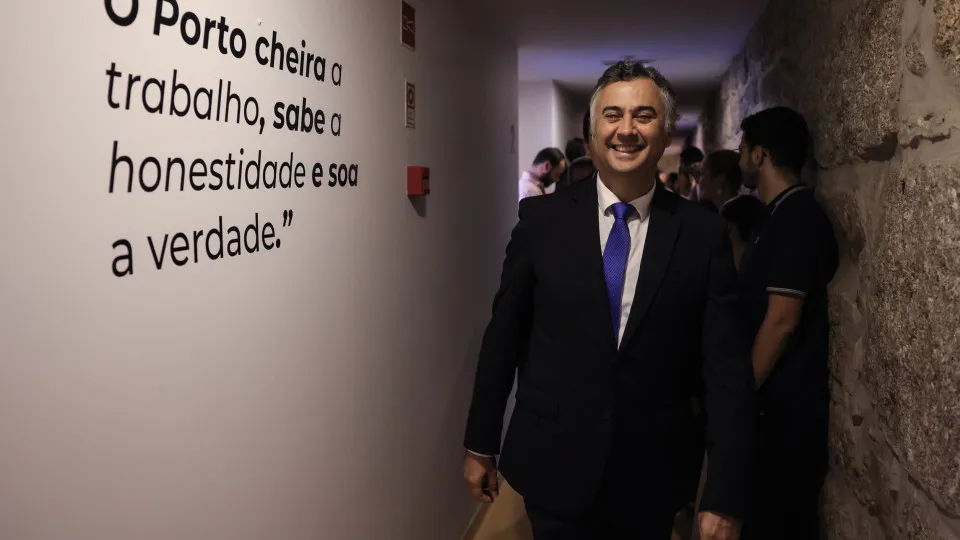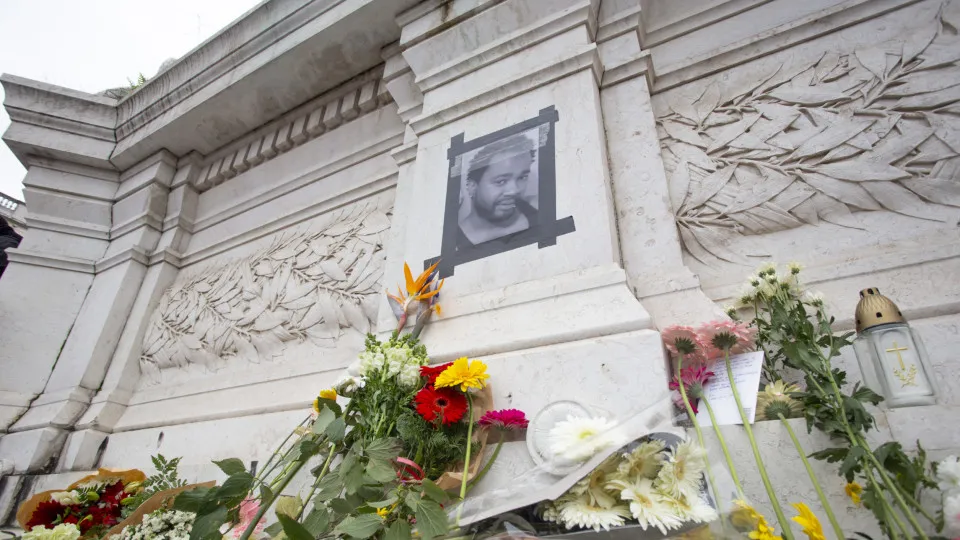
An official statement from the Presidency of the Republic noted that a wreath from the President was placed at the tomb, marking the occasion as in previous years.
The statement reiterated by Marcelo Rebelo de Sousa to commemorate Jorge Sampaio, mirrors the content from the previous year’s statement, emphasizing that “the passage of time has only highlighted his exceptional human and civic qualities and his unforgettable service to Portugal.”
Jorge Sampaio, who served as President of the Republic from 1996 to 2006, passed away on September 10, 2021, at the age of 81.
During the funeral ceremonies held in the cloister of the Jerónimos Monastery in Lisbon, Marcelo Rebelo de Sousa described him as someone who “loved Portugal for its fragility” and “not for its strength,” and who “never wished to be a hero but was one.”
Born in Lisbon on September 18, 1939, Jorge Fernando Branco de Sampaio died at the Hospital de Santa Cruz in the municipality of Oeiras, Lisbon district, where he had been hospitalized since August 27, 2021, due to respiratory difficulties.
Jorge Sampaio was a key figure in the academic crisis of the early 1960s, which led to a widespread student protest movement against the Estado Novo regime, and as a lawyer, he defended political prisoners during the dictatorship.
Following the April 25, 1974 revolution, he served as the Secretary-General of the PS (1989-1992), the Mayor of Lisbon (1990-1995), and the President of the Republic (1996-2006).
After his presidency, in 2006, Sampaio was appointed by the United Nations (UN) Secretary-General as Special Envoy to the Global Initiative to Fight Tuberculosis and served as the high representative for the UN Alliance of Civilizations from 2007 to 2013.
He chaired the Global Platform for Syrian Students, which he founded in 2013 to address the academic emergency created by the Syrian conflict, leaving thousands of young people without access to education.




